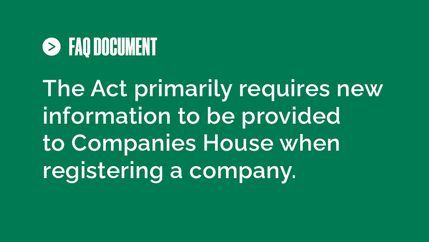
The new rules make changes to the Energy Efficiency (Private Property) (England and Wales) Regulations 2015 and apply to private rented properties in England and Wales.
Landlords will now be required to pay up to £3,500 on works to their property in order to raise its Energy Performance Certificate (EPC) to at least an ‘E’ rating.
ARLA Propertymark reported in November 2018 that Energy and Clean Growth Minister, Claire Perry MP had announced changes to be made to the Minimum Energy Efficiency Standards (MEES), that affect private tenancies in England and Wales.
This followed a consultation earlier in the year, where the UK Government initially proposed that landlord contribution would be capped at £2,500, with officials claiming that it would cost £1,200 on average to raise the energy efficiency of an F or G rated property.
Existing rules
Since 1 April 2018, landlords have not been permitted to let a residential property with an EPC rating below an E on a new tenancy (including an extension or renewal), unless they registered an exemption on the PRS Exemptions Register.
Tenancies in existence before 1 April 2018 with an EPC rating of F or G were given an extra two years to make appropriate improvements. From 1 April 2020, these properties will fall under the scope of the 2015 Regulations.
Key changes
From 1 April 2019 the ‘no cost to the landlord’ exemption will no longer be available and will no longer appear on the PRS Exemptions Register.
As a result, existing properties with the ‘no cost to the landlord’ exemption will not appear on the PRS Exemptions Register after 31 March 2020. The Government has said that all affected landlords will be contacted directly at the start of April.
Under the new rules' landlords will be expected to contribute up to £3,500 (inc. VAT) per property to make energy efficiency improvements to raise a property’s EPC rating to a minimum of an E.
If the cost to achieve an EPC E exceeds £3,500, landlords will be able to register a ‘high-cost’ exemption on the PRS Exemptions Register providing that they submit three separate quotes from different installers that evidences a higher cost.
Where improvements have been made since 1 October 2017 up until 31 March 2019, these costs can be deducted from the £3,500 cap to determine the value of any further improvements to be made.
The ‘consent exemption’ will also no longer be available where a sitting tenant has refused a Green Deal finance plan.
Lobbying
We responded to the consultation to amend the Energy Efficiency (Private Rented Property) (England and Wales) Regulations 2015 to remove the “no cost to the landlord” principle in March 2018. We argued that we did not agree with the proposals, and that the initial planned cost cap of £2,500 was too high and would deter landlords from the sector.
In January, we also submitted a response to the Business, Energy and Industrial Strategy Committee inquiry into energy efficiency. We stated that targets for EPC ratings of existing stock were too ambitious, as private landlords are provided little funding or incentive to make changes. We think that the UK Government should instead focus on introducing a Property MOT, encompassing many areas of property standards including energy efficiency. To aid landlords, the Energy Company Obligation should focus on providing funding to the private rented sector.
More information
The Government has published updated Guidance for landlords and local authorities on the minimum level of energy required to let a domestic property under the MEES Regulations.
For individual queries, ARLA Propertymark members can make use of the Legal Helpline. Make sure to have your membership number ready, as you will be asked for it when you ring.




